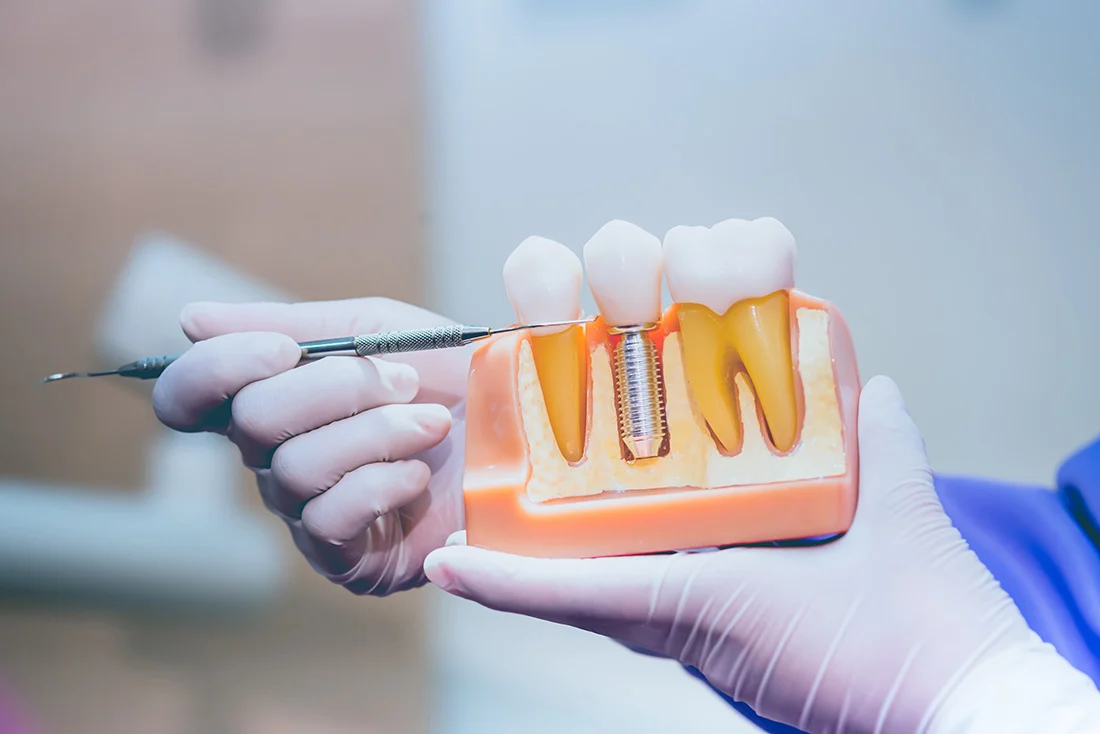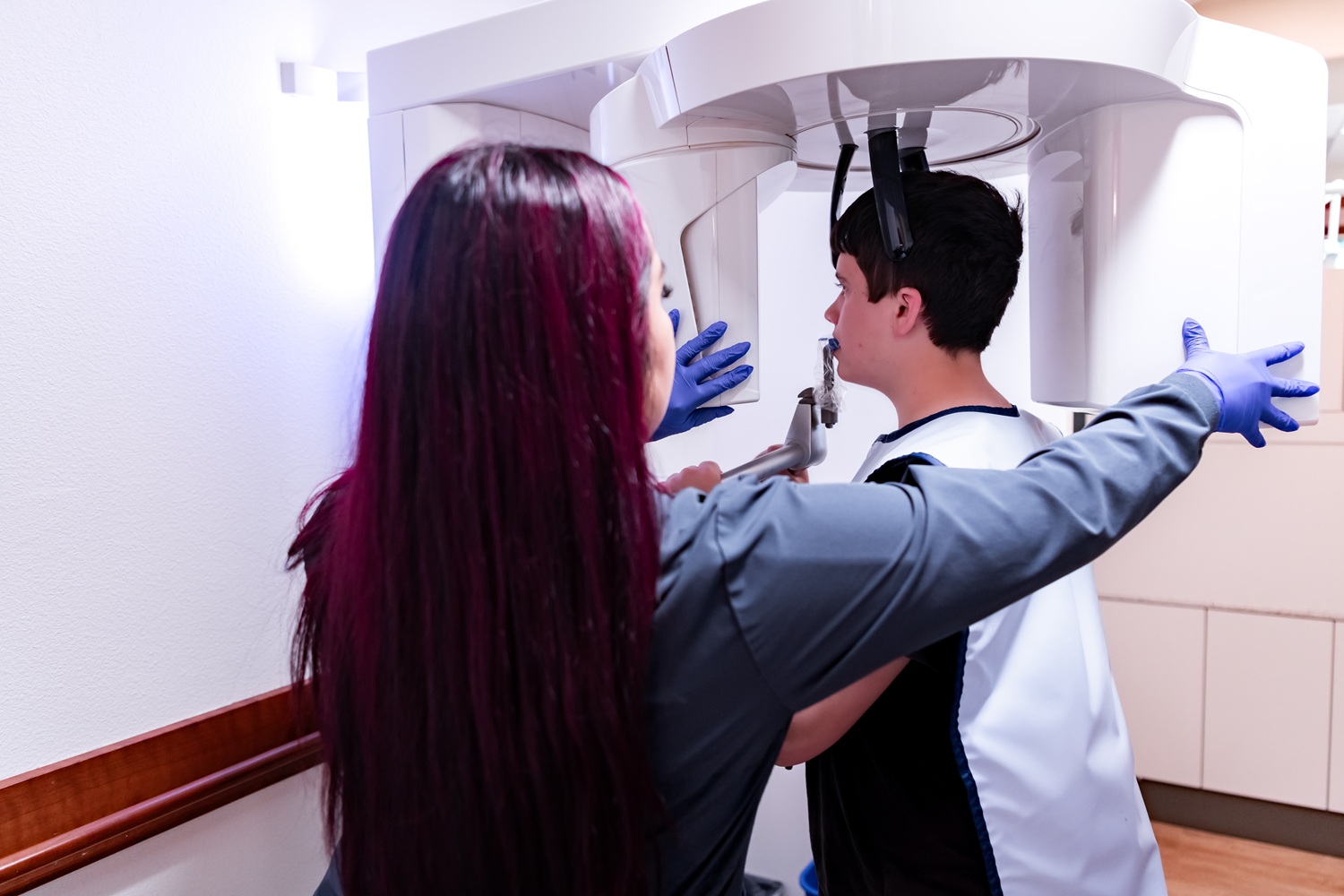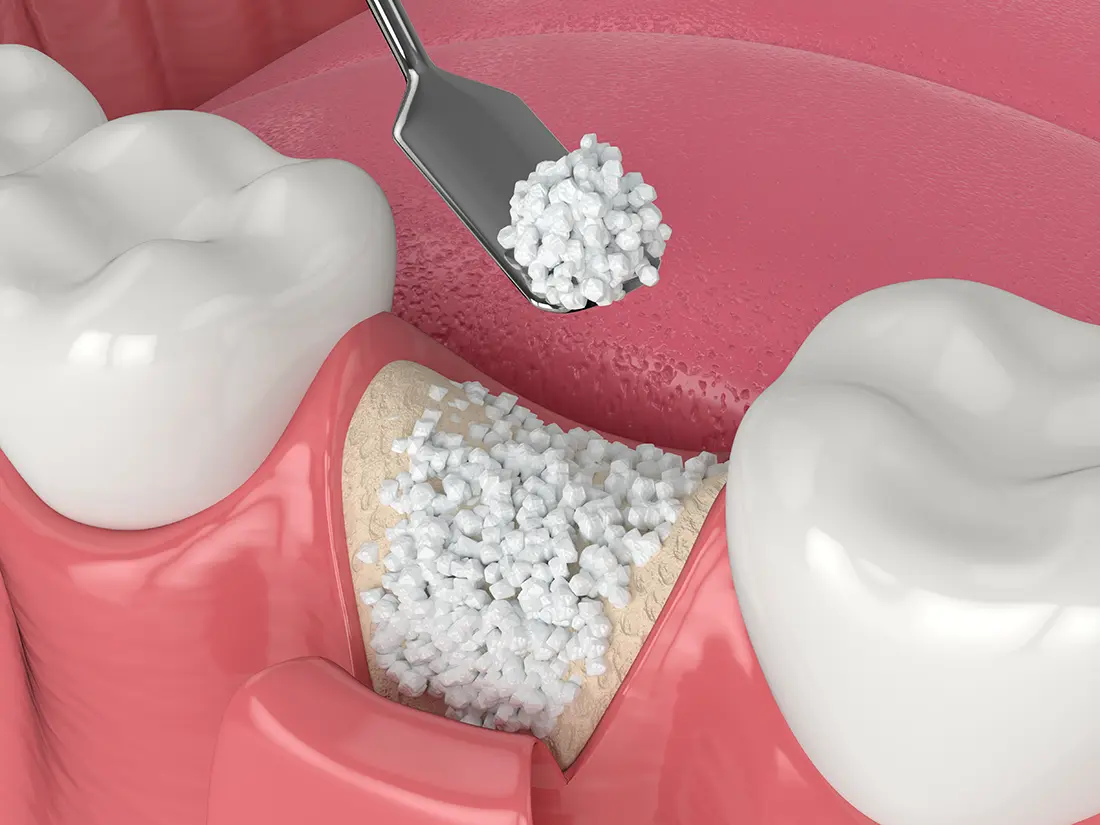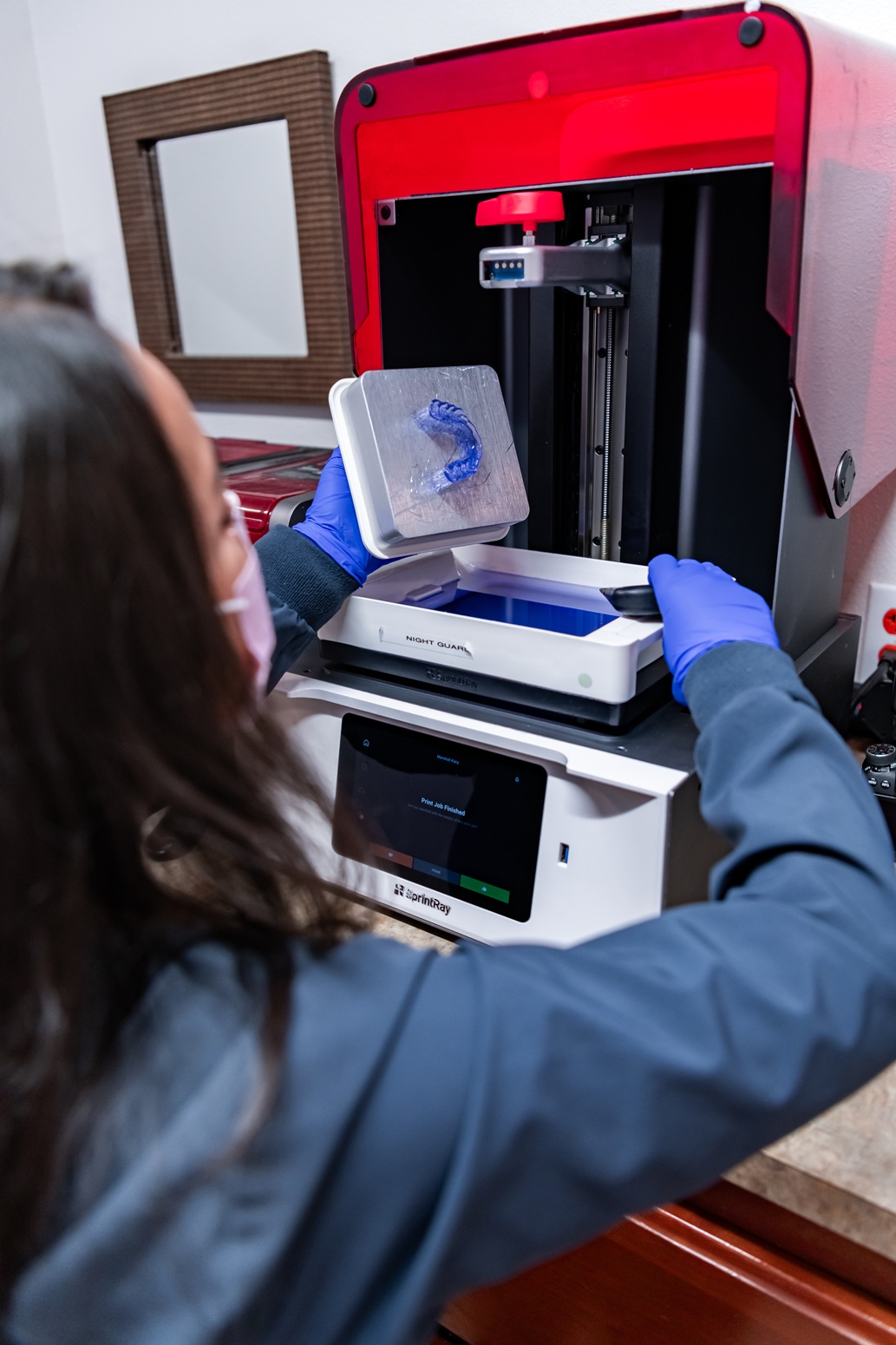Dental Implants In Hillsboro
Missing a tooth shouldn't hold you back from living your best life. Dental implants not only restore your confidence but improve your overall oral health. With an implant, you'll enjoy full functionality again—eating, laughing, and speaking without a second thought.

- Mon, Wed
- 8 AM - 5 PM
- Tue, Thu, Fri
- 7 AM - 3:30 PM
- Sat
- Closed
Why should I choose dental implants?
Dental implants aren't just about filling a gap in your smile—they're about reclaiming your confidence and oral health for a lifetime. Unlike temporary options, implants become a permanent part of your mouth by anchoring directly to your jawbone, allowing you to eat, speak, and laugh without worry while preventing bone loss and maintaining your facial structure. Though they may seem like a bigger investment upfront, their unmatched durability and long-term benefits make dental implants the smart choice for patients tired of missing teeth or uncomfortable dentures. They're truly a life-changing solution that looks, feels, and functions just like natural teeth.

No Guess-Work, More Comfort
With cone-beam computed tomography, or CBCT technology, we give our patients peace of mind. This reliable technology ensures precise placement for increased patient comfort and better overall outcomes.

Bone Grafting
When it comes to ensuring the longevity and functionality of your dental implants, proper preparation is key. Dr. [NAME] brings extensive expertise in bone grafting, a vital procedure for enhancing bone density and supporting implant stability.

Guided Surgery with 3D Printing
Elevate your dental implant experience with our advanced 3D-printed surgical guides. These crafted guides ensure unparalleled precision, streamlining your procedure for enhanced comfort and optimal results.

Hospital-Grade Surgical Suite
Our office features a state-of-the-art, hospital-grade surgical suite specifically designed for dental implant procedures. This advanced facility allows us to perform implant surgeries with the highest standards of safety, precision, and comfort right here in our practice.

The Benefits of Dental Implants
Natural Feel and Function
Dental implants closely mimic your natural teeth, allowing you to brush, floss, and eat just like you always have.
Aesthetically Pleasing
Each implant is custom-designed to match your existing teeth in shape, size, and color. This personalized approach ensures your new tooth blends seamlessly with your smile.
Preserves Oral Health
Made from biocompatible titanium, implants actually integrate with your jawbone, stimulating it just like natural tooth roots. This helps prevent bone loss and maintains your facial structure for years to come.
The Implant Treatment Process
Placement
Placement
Once we've confirmed your treatment plan, we'll schedule your procedure and walk you through exactly what to expect. During the surgery, we make a precise incision in your gum and carefully place the dental implant into your jawbone. We then clean the area and apply sutures to promote healing. This sets the foundation for your new tooth.
Healing & Osseointegration
Healing & Osseointegration
Healing begins right after implant placement. The incision typically heals within 1-2 weeks, but full integration of the implant with your jawbone (called osseointegration) takes about 3-6 months. We'll schedule check-ups during this time to ensure everything is healing properly.
Applying the Restoration
Applying the Restoration
The final step is adding your custom crown. We create a dental crown designed to blend seamlessly with your natural teeth, which is then securely attached to an abutment on your implant. With this complete, your smile is fully restored!

FAQs
Frequently Asked Questions
Check out these frequently asked questions, or call us to speak with our team.
A single tooth implant is a modern solution for replacing a missing tooth. It consists of a titanium post surgically placed into your jawbone and a custom-made crown attached to it. Unlike removable options like partial dentures, implants are permanently fixed, offering stability and comfort that feels just like your natural teeth.
Dental implants combine precision engineering with customization. The implant post is made from medical-grade titanium and comes in various standard sizes. The crown, however, is custom-made specifically for you. We either create it in-house using advanced technology or work with a specialized lab. The crown is typically made from porcelain for its natural appearance and strength. Once ready, we carefully attach it to your implant, completing your restoration.
With proper placement and care, dental implants can last for decades. The crown attached to the implant may need replacement over time due to normal wear and tear, but the implant itself often lasts a lifetime. Regular check-ups allow us to monitor everything and address any issues early.
While uncommon, dental implants can develop an infection called peri-implantitis. This typically happens if proper oral hygiene isn't maintained. To minimize this risk, it's important to follow post-operative care instructions and maintain good oral hygiene practices.
Yes! When a tooth is lost, the jawbone in that area starts to deteriorate from lack of stimulation. An implant acts like an artificial tooth root, transmitting chewing forces to the jawbone. This stimulation maintains bone density and strength, much like a natural tooth would.
In some cases, you can receive a dental implant and temporary restoration in a single day. This depends on your specific situation and the type of implant best suited for you. The temporary restoration allows for normal function while your implant heals. We'll schedule follow-ups to monitor healing and create your permanent crown. A consultation will help us determine the best approach for your needs.
.avif)


